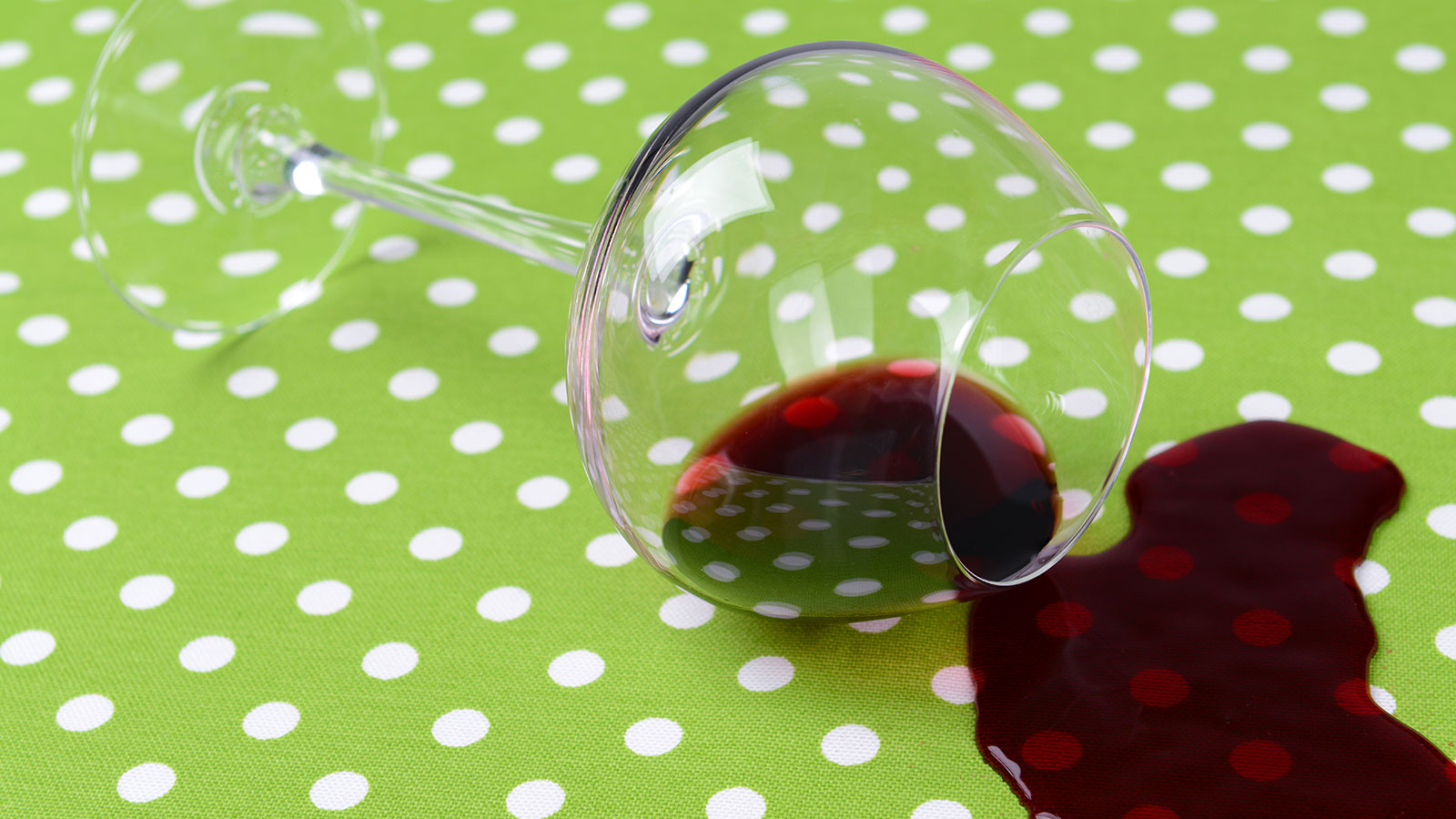Q. Dear Umbra,
I have tried to find out if the red mesh bags that some grocery stores use for fresh vegetables can be recycled (they look like they are made of plastic, but I can’t be sure), but have had no luck. Naturally, I do not want to put these bags in with the recyclables without knowing if they can be recycled, and I keep saving them hoping that they can be. I’ll bet you know!
Barbara R.
Aiken, S.C.
A. Dearest Barbara,
I hope I’ve reached you in time. Without knowing just how long you’ve been stockpiling, I’m imagining an ever-growing backlog of produce bags overflowing from your cabinets and mushrooming up every time you open a drawer. Let’s get that supply taken care of, shall we?
You’re right — those sometimes-red, sometimes-stretchy mesh produce bags often used to corral onions, potatoes, lemons, or miniature winter oranges are made of plastic, usually polyethylene, polypropylene, or nylon. What they have in common, unfortunately, is that they’re generally not accepted for recycling, due to their tendency to get snarled up in a plant’s sorting machinery. I made a few phone calls, and the fine folks in Aiken’s public works department confirmed that this is also the case in your town, Barbara. (By the way, dearest readers, never be afraid to contact your local municipal agencies with such burning queries. Power to the people!)
But don’t sigh and trash your stash just yet: Mesh produce bags can be reused a few times, at least, if they can’t be recycled. The most common tip I hear is to employ them as dish scrubbies (simply ball them up and get cleanin’), but people also use them as laundry bags, earrings organizers, body exfoliators, and other nifty things. Might some of these ideas help bring new life to your mesh bags?
Now, if you’ll permit me to get up on my clementine box for a bit: Creative reuse is great, of course, but it takes us only so far toward solving our packaging problems. Really, how many dish scrubbies or earrings organizers does one need? Far better is reducing our reliance on this kind of extraneous packaging in the first place. Whenever possible, buy loose fruits and veggies from the bulk bin or farmers market and tote them home in a reusable produce bag (say, you could even use one of your leftover mesh ones!). Avoid produce sold in plastic nets or look for alternatives — in the case of citrus, for instance, you could check out oranges and grapefruits grown in your neck of the woods. And don’t be shy about letting companies know why you’ve stopped buying their products. For more on environmental enlightenment through seasonal shopping, head over to our discussion here.
OK, I’m back down on the ground. May these repurposing tips inspire some even more useful ideas for you, Barbara!
Loosely,
Umbra
Q. Dear Umbra,
What is the best way to clean up spills? I’m a klutz. Usually I use a recycled kitchen paper towel for cleaning up after knocking wine glasses over. Should I use towels instead and just wash them regularly? I feel like that might be better generally, but more expensive, and also more energy-intensive perhaps?
Chiara M.
Berlin
A. Dearest Chiara,
Unless you are spilling so much wine that you need to run load after load of extra laundry cycles every week, a cloth towel — well, really, a small cloth rag — is the better choice. (If you are sloshing wine around to that degree, I might gently suggest that you seek advice of another sort.)
Instead of calculating the water and energy use of paper towels vs. rags (go over here for that) or figuring out which one is cheaper (it’s the rags), let’s take a bird’s-eye view of this question. Paper towels are processed from trees (or other paper products, in the case of recycled brands), often bleached with environmentally toxic chlorine, then used just once before being composted or (much worse) thrown away. Loyal readers know that we almost always eschew single-use products in favor of reusable ones here at Ask Umbra, and this case is no different.
Cloth, on the other hand, can be washed and used to wipe another day. In fact, you can probably get a few wipes out of each one before it really needs to be cleaned. Then, tossing a couple of soiled swatches in with your regular laundry adds virtually nothing to your water and energy footprint — you would have done the load anyway, would you not? And you can eliminate (or at least dilute) the production footprint by tearing up old towels, T-shirts, or sheets into rags, which also brings the added benefit of keeping textiles out of the waste stream.
So, Chiara, make yourself a rag supply (or buy some at a secondhand store, if you don’t have any worn-out fabric lying around) before the holiday party season fully kicks in. If there’s any season for people accidentally spilling wine around your house, this ’tis.
Oopsily,
Umbra




